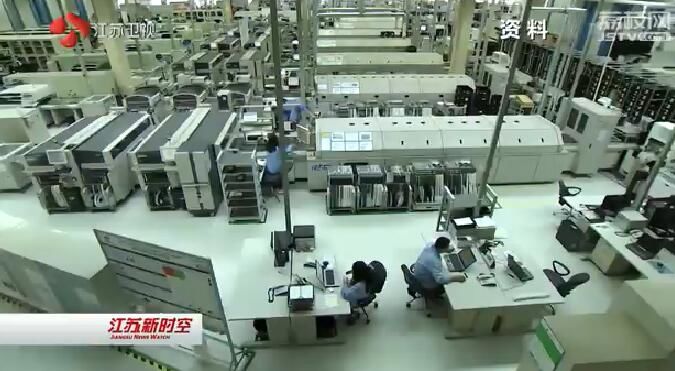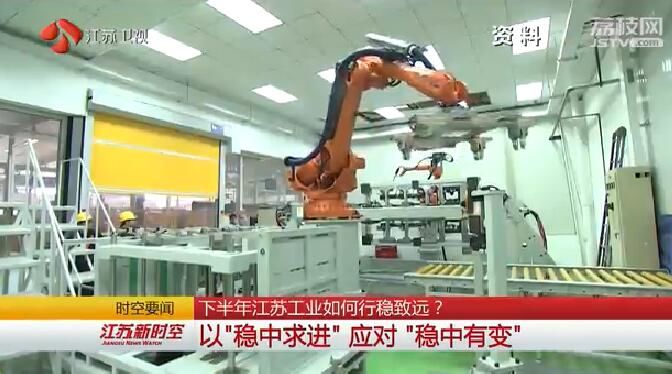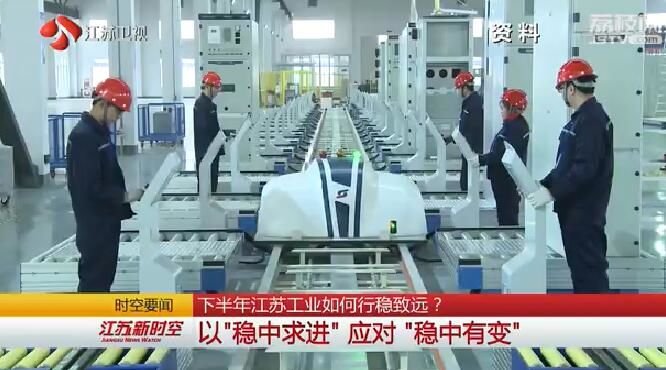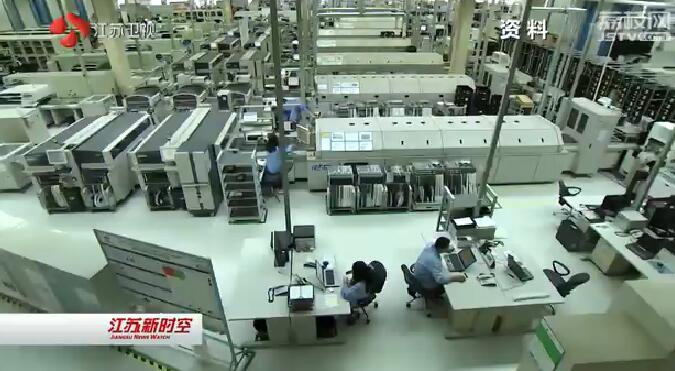East China’s Jiangsu Province will take active measures to respond to the "stable yet changeable" economic situation so as to ensure the sustained growth of the industrial economy in the second half of the year, the provincial commission of economy and information technology has said.

Since the beginning of this year, Jiangsu has maintained a stable operation of its industrial economy. However, under the influence of strict environmental supervision and the Sino-US trade frictions, the downward pressure on the economy has increased, the growth of industrial added value has slowed down and industrial enterprises have incurred greater losses.
In order to promote the smooth operation of the industrial economy, in the second half of the year, Jiangsu will accelerate the cultivation of competitive and advanced manufacturing clusters, formulate implementation plans for the cultivation of 13 industrial clusters.

The province will strive to cultivate high-end textiles, energy conservation and environmental protection, auto parts and components and other multi-billion-yuan clusters through 2-3 years of efforts.
Jiangsu is also launching 130 key core technology research projects and 100 major scientific and technological integration projects for commercialization while focusing on building an independent and controllable advanced manufacturing system.

In the meantime, Jiangsu will also accelerate the establishment of a technological innovation system with enterprises as the main entities, build a more precise and efficient industrial science and technology innovation synergy mechanism, and promote the deep integration of technology and industry.
Greater efforts will be made to emphasize encouragement and constraints, accelerate the optimization and upgrading of the chemical, steel and coal power industries, and build a province-wide manufacturing structure with reasonable division of labor, orderly cooperation, and distinctive features.
Jiangsu will also focus on creating brands, improving quality, strengthening the protection and application of intellectual property rights for the creation of a group of leading enterprises and industry leaders with international competitiveness and brand influence. By the end of this year, the province will have registered 14,000 high-tech enterprises.






